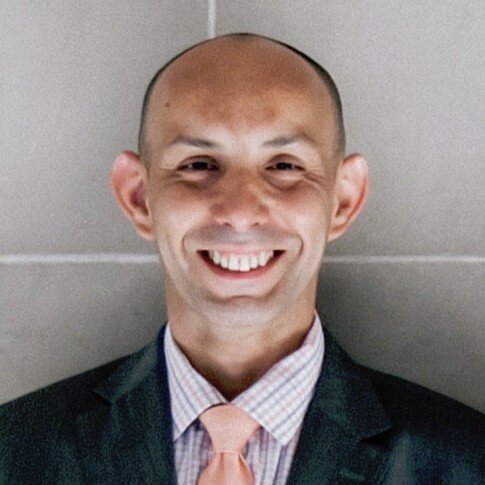Female Genital Mutilation (FGM) is a non-medical procedure that involves partial or radical removal of young women’s genitalia, and while widely practiced in parts of Africa and the Middle East, is neither limited to these regions nor defined by theology or religion. The practice is typically linked to a right of passage, sexual purity, or as a marker of cultural identity (or all three), and its impact on the lives of tens of millions of women is both cruel and often deadly. The UN is working to eliminate the practice by 2030, and it is the subject of Fatma’s Peabody Award-winning film, “The Cut”, which she and her team completed for Al Jazeera English in 2017. Our conversation also focuses on the broader questions around navigating multiple cultural identities and contexts.
The subject of FGM makes some of us more than a little squeamish, but it’s important to move past our personal sensitivities and make some time to inform ourselves about a practice that is impacting the lives of women around the world, and perhaps closer to where you live than you might realize. And while the practice itself might be fundamentally rooted in ignorance so are a lot of the popular perceptions about the it, so it’s important that we leave our assumptions and pre-judgements at the door and listen so that we can take meaningful action to help eliminate the practice.











